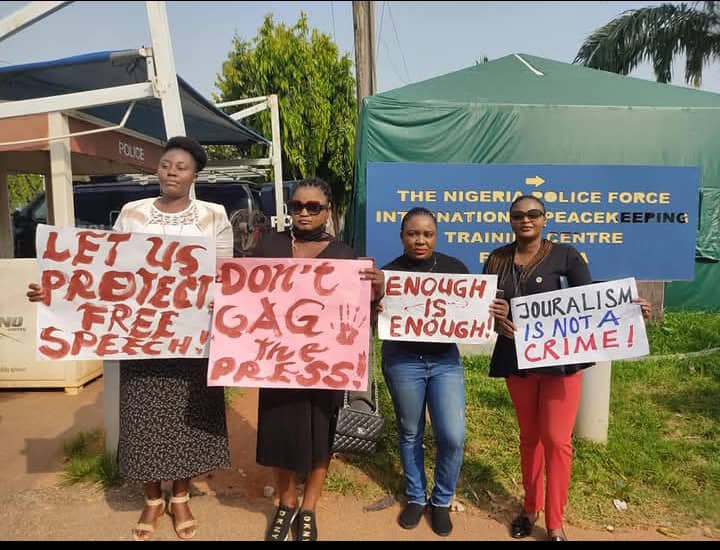Opinion
Perils of journalism in Nigeria: Urgent call for protection

Journalists in Nigeria frequently face attacks, threats, physical assaults, harassment, and intimidation while carrying out their duties.
These incidents are particularly prevalent during periods of political unrest and public demonstrations.
Such attacks not only endanger the lives of media professionals but also undermine press freedom and the public’s right to information. They exemplify the risks of practising journalism in a challenging and often hostile environment.
Notable Instances of Attacks on Journalists
In January 2019, armed soldiers allegedly stormed the offices of Daily Trust in Abuja and Maiduguri, seizing computers and detaining journalists. The newspaper was accused of publishing classified information about military operations.
During the #EndSARS protests in October 2020, at least fifty-six journalists were reportedly assaulted or harassed by security forces or unidentified individuals while covering the events.
Eniola Daniel, a journalist with The Guardian, was allegedly attacked by security operatives while covering the #EndSARS protests in Lagos in 2020. His equipment was confiscated, and he sustained injuries during the assault.
In 2023, several journalists in Ebonyi State were reportedly harassed and brutalised by state government officials for reporting on corruption allegations. Among them were Chijioke Agwu of The Sun and Peter Okutu of Vanguard, both of whom were detained.
In October 2024, a media crew of six members from the South African broadcaster SuperSport was allegedly kidnapped in Anambra State while en route to cover an Africa Cup of Nations match. Although they were later rescued by Nigerian police, the incident highlights the physical dangers journalists face.
Alex Ogbu, a journalist with Regent Africa Times, was killed during a protest by members of the Islamic Movement in Nigeria (IMN) in Abuja. Samuel Ogundipe of Premium Times was detained for refusing to reveal the source of a story.
Agba Jalingo, the publisher of CrossRiverWatch, was arrested and charged with treason for exposing alleged corruption involving the Cross River State government. Such actions discourage investigative reporting and promote self-censorship.
Numerous broadcast journalists have reportedly been victims of rape, kidnapping, and molestation by the notorious “one-chance” gangs in the Federal Capital Territory.
Journalists often suffer physical injuries and emotional trauma from these violations, which erode democracy. A free press is essential for democratic governance, and without it, public access to unbiased and accurate information is significantly weakened.
Steps to Address the Issue
To tackle these challenges, the Nigerian government must:
1. Hold perpetrators accountable to serve as a deterrent.
2. Strengthen laws protecting journalists and press freedom.
3. Enhance journalists’ remuneration and welfare.
4. Train security personnel on press freedom and the rights of journalists.
Despite these adversities, Nigerian journalists remain resilient, steadfastly performing their duties, often at great personal and professional risk, including the ultimate sacrifice.
Their commitment to truth and accountability is commendable and deserves strong institutional and societal support.
Sandra Udeike, Abuja




















